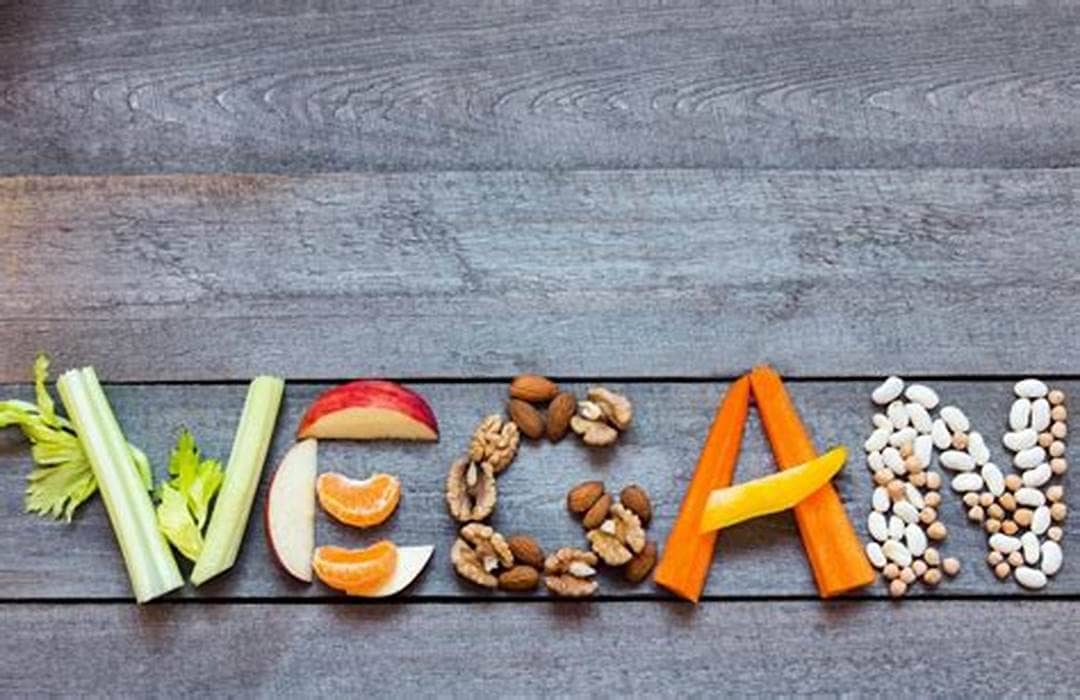A vegan diet is one that is free of animal products, including meat, dairy, and eggs. While this type of diet has been around for centuries, it has gained popularity in recent years due to concerns about animal welfare, environmental sustainability, and health. There are many benefits to following a vegan diet, but there are also some risks to be aware of. In this article, we’ll explore the benefits and risks of a vegan diet for your health.
Benefits of a Vegan Diet
- Improved Heart Health: A vegan diet is high in fruits, vegetables, whole grains, and legumes, which are all linked to improved heart health. Studies have shown that vegans have lower rates of heart disease than non-vegans.
- Lower Risk of Chronic Diseases: A vegan diet has been linked to a lower risk of chronic diseases, including diabetes, high blood pressure, and certain types of cancer.
- Reduced Inflammation: Plant-based diets are high in antioxidants and phytochemicals, which can help reduce inflammation in the body. Chronic inflammation is linked to a wide range of health problems, including heart disease, diabetes, and autoimmune disorders.
- Weight Loss: A vegan diet can be an effective way to lose weight, as long as it is well-balanced and provides adequate nutrients. Studies have shown that vegans tend to have lower body mass indexes (BMIs) than non-vegans.
- Environmental Sustainability: A vegan diet is better for the environment than a diet that includes animal products. Animal agriculture is a significant contributor to greenhouse gas emissions, water pollution, and deforestation.
Risks of a Vegan Diet
- Nutrient Deficiencies: A vegan diet can be low in certain nutrients, including protein, iron, calcium, vitamin B12, and omega-3 fatty acids. Vegans need to be mindful of getting enough of these nutrients through fortified foods, supplements, or carefully planned meal choices.
- Increased Risk of Bone Fractures: Vegans may be at a higher risk for bone fractures due to lower intake of calcium and vitamin D. It is important for vegans to get enough of these nutrients through fortified foods, supplements, or exposure to sunlight.
- Digestive Issues: A vegan diet can be high in fiber, which can cause digestive issues such as bloating, gas, and diarrhea. It is important to gradually increase fiber intake and stay well-hydrated.
- Social Challenges: Following a vegan diet can be socially challenging, as it may limit food choices when dining out or attending social events. It is important to be prepared and have a plan in place for navigating social situations.
In conclusion, a vegan diet can provide many health benefits, including improved heart health, lower risk of chronic diseases, reduced inflammation, weight loss, and environmental sustainability. However, there are also some risks to be aware of, including nutrient deficiencies, increased risk of bone fractures, digestive issues, and social challenges. If you are considering a vegan diet, it is important to consult with a healthcare professional or registered dietitian to ensure that your diet is well-balanced and provides adequate nutrients. With careful planning and attention to nutrient needs, a vegan diet can be a healthy and sustainable choice for many people.

